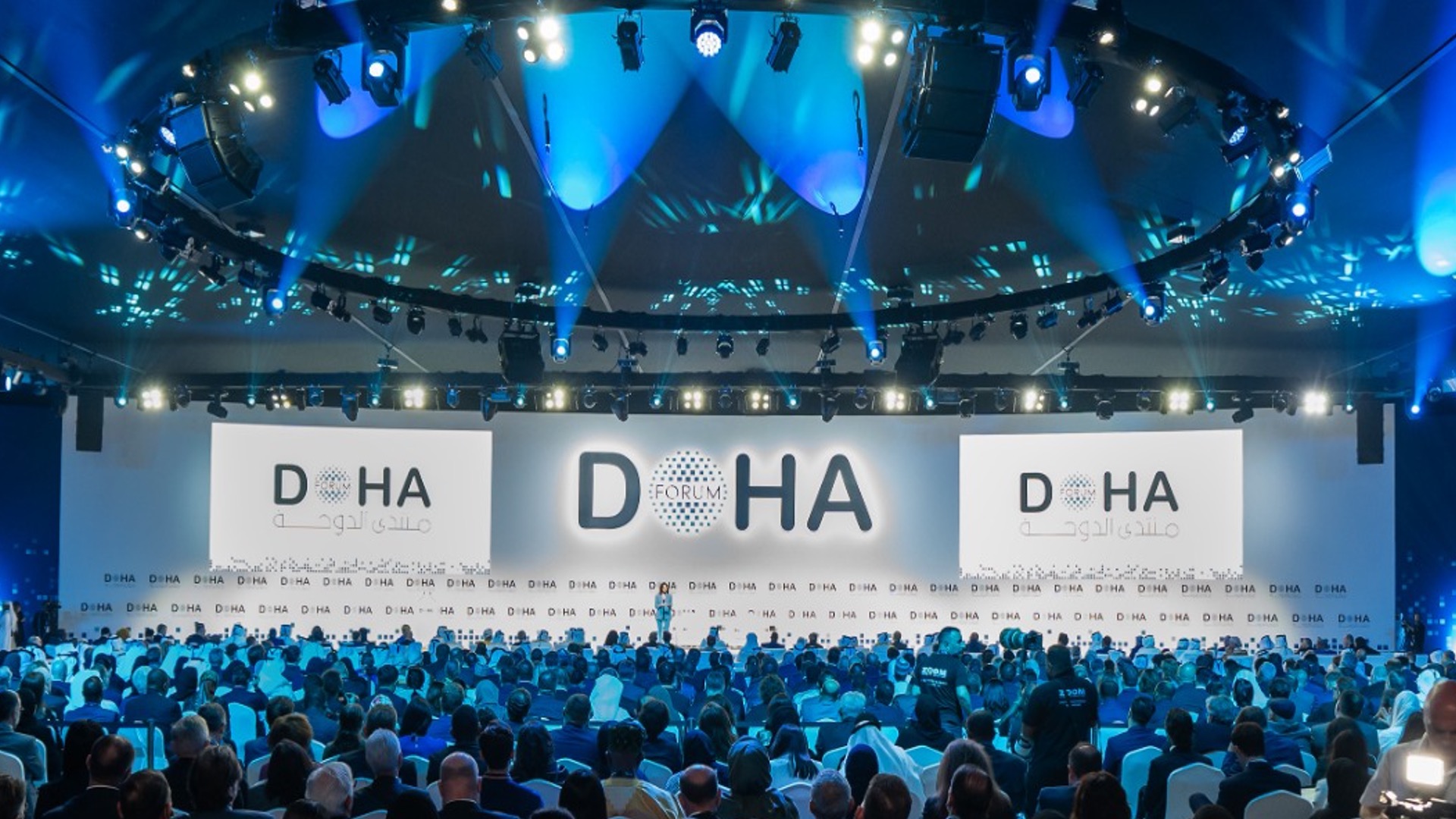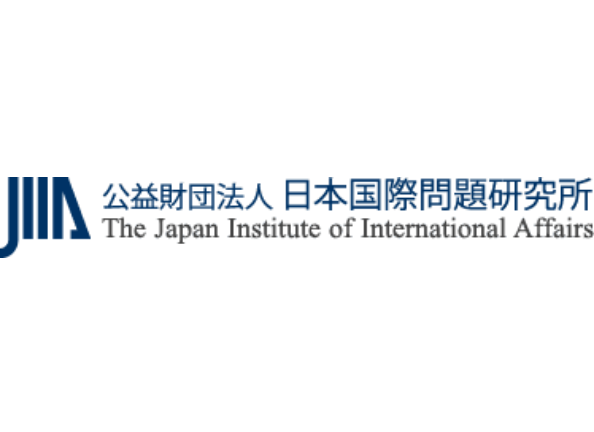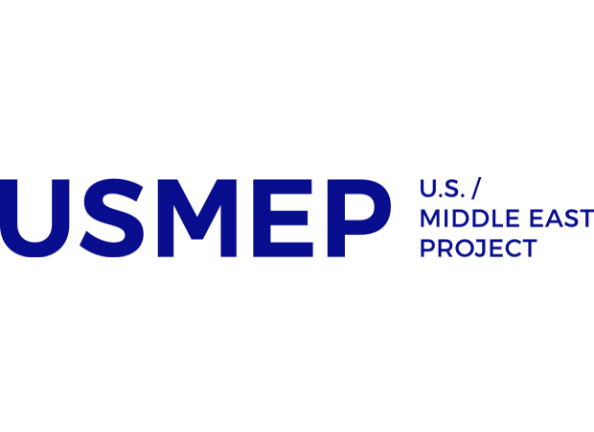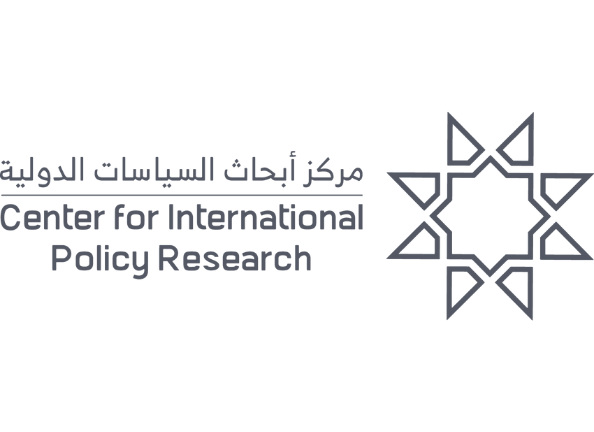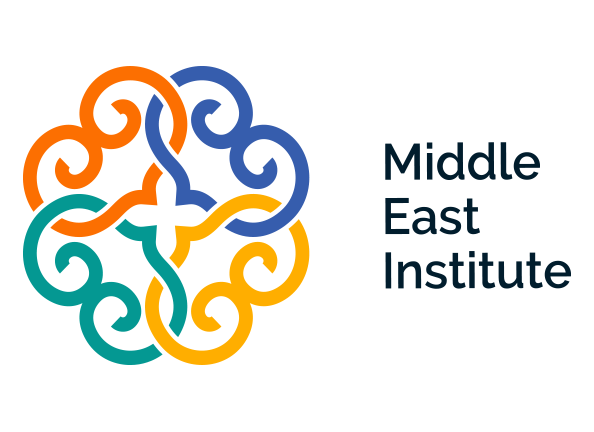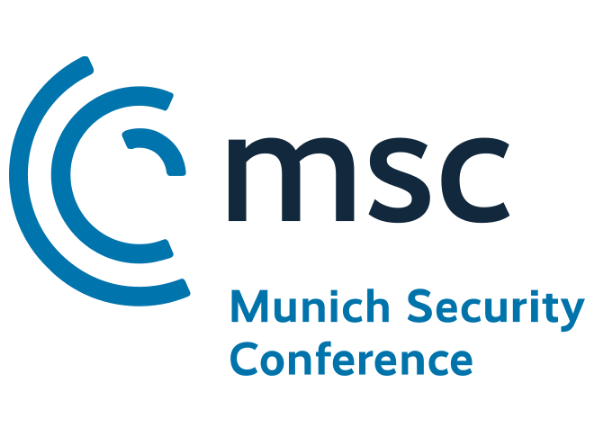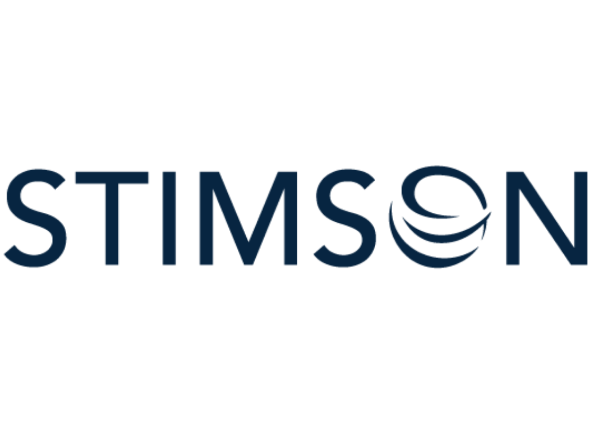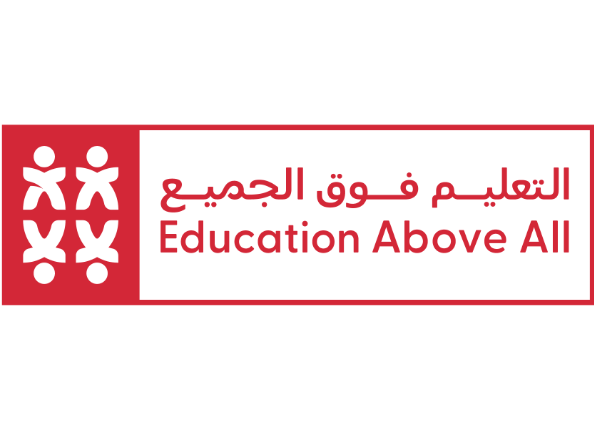Doha Forum 2024
Fostering Economic Security: Striking the Balance Between Global Cooperation and Tech Sovereignty
Program Location: Salwa 1
Program Start: 07 December 2024, 16:30 - 17:15
Economic globalization has brought many benefits to the world, but such interdependence can make countries and their supply chains vulnerable – particularly in the tech sector. Nations developing crucial technologies must decide how much knowledge and materials to share while considering the economic impact of those policies. Can technology developing countries secure their national interests while upholding the rules based international trading system established by the World Trade Organization? In what ways can international cooperation be levered to ensure national tech industries flourish? And how might these strategic choices impact the greater global community and current world order? This session will weigh the balance between technological security and global cooperation, examining the potential consequences for trade relations, and economic security.
In partnership with: Japan Institute of International Affairs
Preventing Another Year of Tragedy in Palestine: Shaping a Way Forward
Program Location: Al Dafna
Program Start: 07 December 2024, 17:00 - 17:45
The longstanding disconnect between international law and approaches to the Palestine question has created an absence of accountability and laid the groundwork for the violations of law and mass suffering in Gaza, the Occupied Palestinian Territories, Lebanon, and elsewhere. But there has been a potentially consequential shift in the international legal reality that has not yet taken center stage in diplomatic discourse. With overwhelming support, the International Court of Justice’s July 19th advisory opinion was codified in a new UN General Assembly resolution ES-10/24, demanding that Israel brings to an end its unlawful presence in the Occupied Palestinian Territory. This constitutes perhaps the most significant new tool available for addressing a shift in incentive structure and a way forward on the Palestine question. This session will ask: Can international legal redress impact the trajectory going forward? How can the ICJ opinion and resolution ES/10/24 be operationalized? If these are not the right tools to deploy in generating change, then what else can be done?
In partnership with: U.S. / Middle East Project
EU – Iran Dialogue on Regional Stability (invitation only)
Program Start: 08 December 2024, 08:30 - 10:00
The EU-Iran Dialogue is a think-tank initiative that focuses on ongoing strategic issues between the two parties, primarily centered on regional escalation, nuclear compliance, economic relations regional and broader security concerns. The dialogue aims to find common ground on many complex issues, particularly regarding regional escalation and nuclear agreement. In light of the intensifying regional tensions involving Israel, Iran, the Palestinians and proxies in Lebanon, Syria, Iraq, and Yemen, such dialogue has become more crucial than ever. The CIPR Roundtable on EU-Iran Dialogue brings together experts and stakeholders from diverse think-tanks to examine potential pathways forward between the EU and Iran and to explore the role of dialogue considering danger of further escalation of the conflict in the region. The roundtable seeks to provide actionable insights for practitioners and policymakers on fostering more effective dialogue and de-escalating tensions in the region.
In partnership with: Center for International Policy Research
The Syria Strategy Project: A Multilateral Approach to Resolving a Frozen Conflict (invitation only)
Program Start: 08 December 2024, 09:00 - 12:30
Convened by the Syria Strategy Project, a multi-institutional initiative, this roundtable will gather key policymakers and officials at the Doha Forum for a closed-door multilateral working roundtable on Syria policy. Participants from the U.S., Europe, Middle East and the United Nations will discuss areas of shared interest, new avenues for multilateral cooperation and potential policy paths forward for Syria diplomacy. Participants will also receive a briefing from the Syria Strategy Project, following nearly a year of consultations with more than 100 subject matter experts, de facto Syrian stakeholders and the international community.
In partnership with: Middle East Institute
Diplomacy and Dialogue in Combatting Islamophobia and Antisemitism (invitation only)
Program Start: 08 December 2024, 09:00 - 10:00
Organized by: New Ground Research
Taking the Stand: Strengthening International Humanitarian Law and Accountability
Program Location: Al Dafna
Program Start: 08 December 2024, 09:00 - 10:00
The world is plagued by a multitude of protracted armed conflicts not seen in decades: From Ukraine to Sudan and from the Middle East to Myanmar, civilian lives are being devastated, often by violations of international humanitarian law. At such a time, the international community must not become numb to these violations but hold perpetrators accountable. However, the mechanisms to do so are under increasing scrutiny as conflicts grow more complex and geopolitics come into play. The International Criminal Court and the International Court of Justice are central to upholding international humanitarian law, but both face challenges related to jurisdiction and enforcement. Their legitimacy is also under fire as criticisms of bias and double standards are levied from different sides. Current conflicts also highlight the issue of holding non-state actors to account and how to create mechanisms to do so. At the same time, protecting civilians from further violations and ensuring humanitarian access in conflict zones remain critical challenges, as seen in many current conflicts. This panel will examine how humanitarian law can be upheld through enforcement and accountability, while also exploring political avenues to better protect civilians from immediate harm.
In partnership with: Munich Security Conference
The Innovation Imperative: Governing Technology for Global Peace & Security
Program Location: Al Maha Tent
Program Start: 08 December 2024, 09:00 - 10:30
What institutions and practices – globally, regionally, and nationally – are required to harness technology’s full potential for the benefit of all of humanity? Drawing on the findings and policy recommendations from the second edition of the Future of International Cooperation (FIC’24), this expert roundtable will give special consideration to how technology and its governance can best advance and safeguard fundamental security goals, the quest for sustainable peace. Specifically, this session will examine both the risks and promise of technology governance innovations for global peace and security in the domains of AI/cyber-tech, weapons of mass destruction, and minerals for military applications. Bringing together seasoned policy-makers, policy researchers, and policy advocates, the session will seek to aspire Doha Forum participants on the state-of-the-art, in terms of both thinking and practice for using technology as a force for good rather than ill.
In partnership with: Stimson Center
In partnership with: Stimson Center
Newsmaker Interview: H.E. Bassirou Diomaye Faye
Program Location: Al Dafna
Program Start: 08 December 2024, 10:00 - 10:15
Newsmaker Interview: Omeed Malik
Program Location: Salwa 3
Program Start: 08 December 2024, 10:00 - 10:15
Financing the Future: Tackling the Global Education Crisis
Program Location: Al Rayyan
Program Start: 08 December 2024, 10:15 - 11:15
Amid growing global education disparities, this session will shed light on innovative approaches to closing the global education financing gap, with a particular focus on the African continent. With African nations facing both massive out-of-school children's numbers and crushing debt burdens, new financial models are essential. This panel will explore alternatives to traditional education financing and offer strategies to ensure sustainable investments in education systems. The panel will discuss how countries and international partners can collaborate to provide long-term, scalable solutions and what conditions are needed to improve access, learning, and financial sustainability in education.
In partnership with: Education Above All
